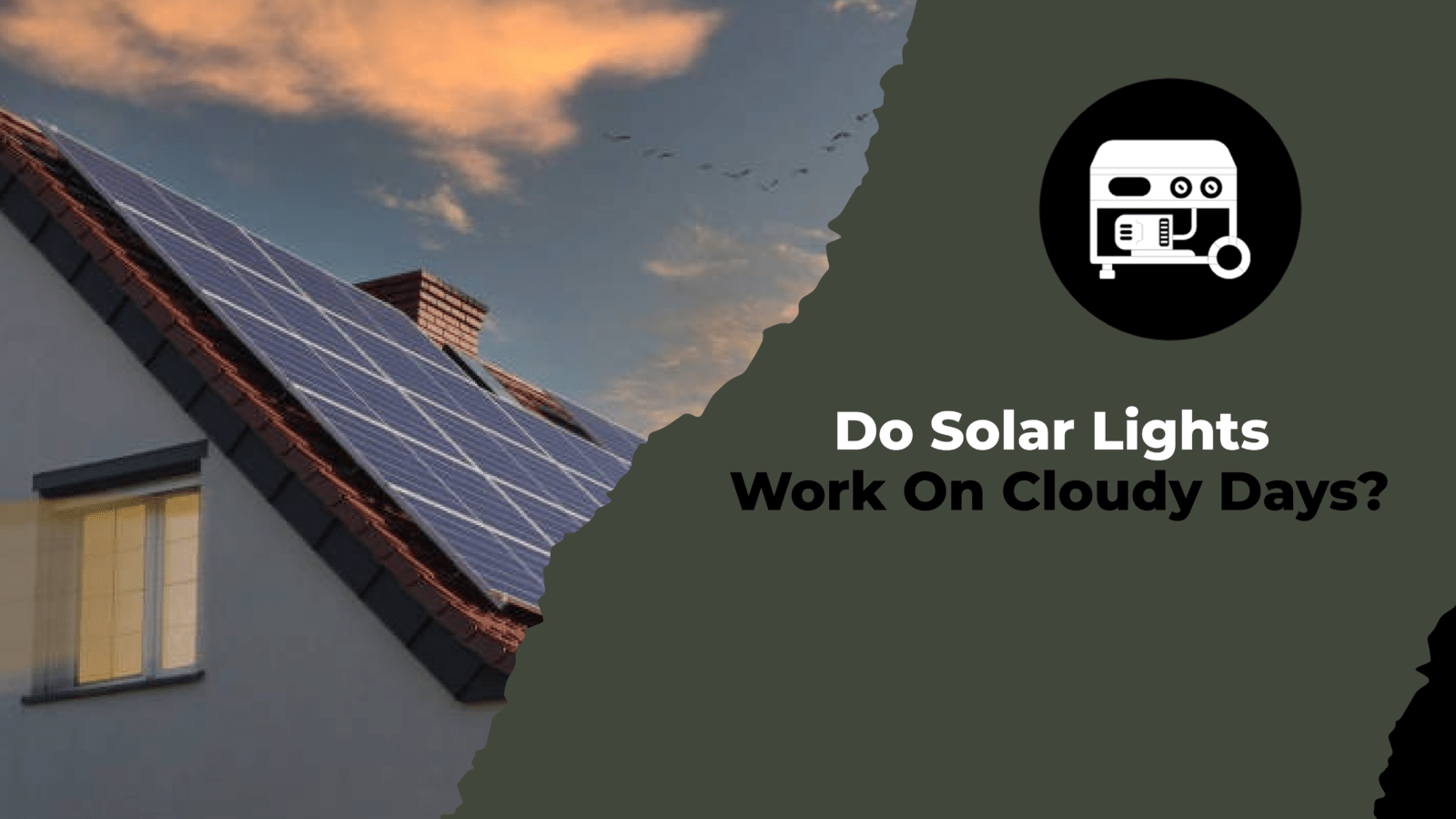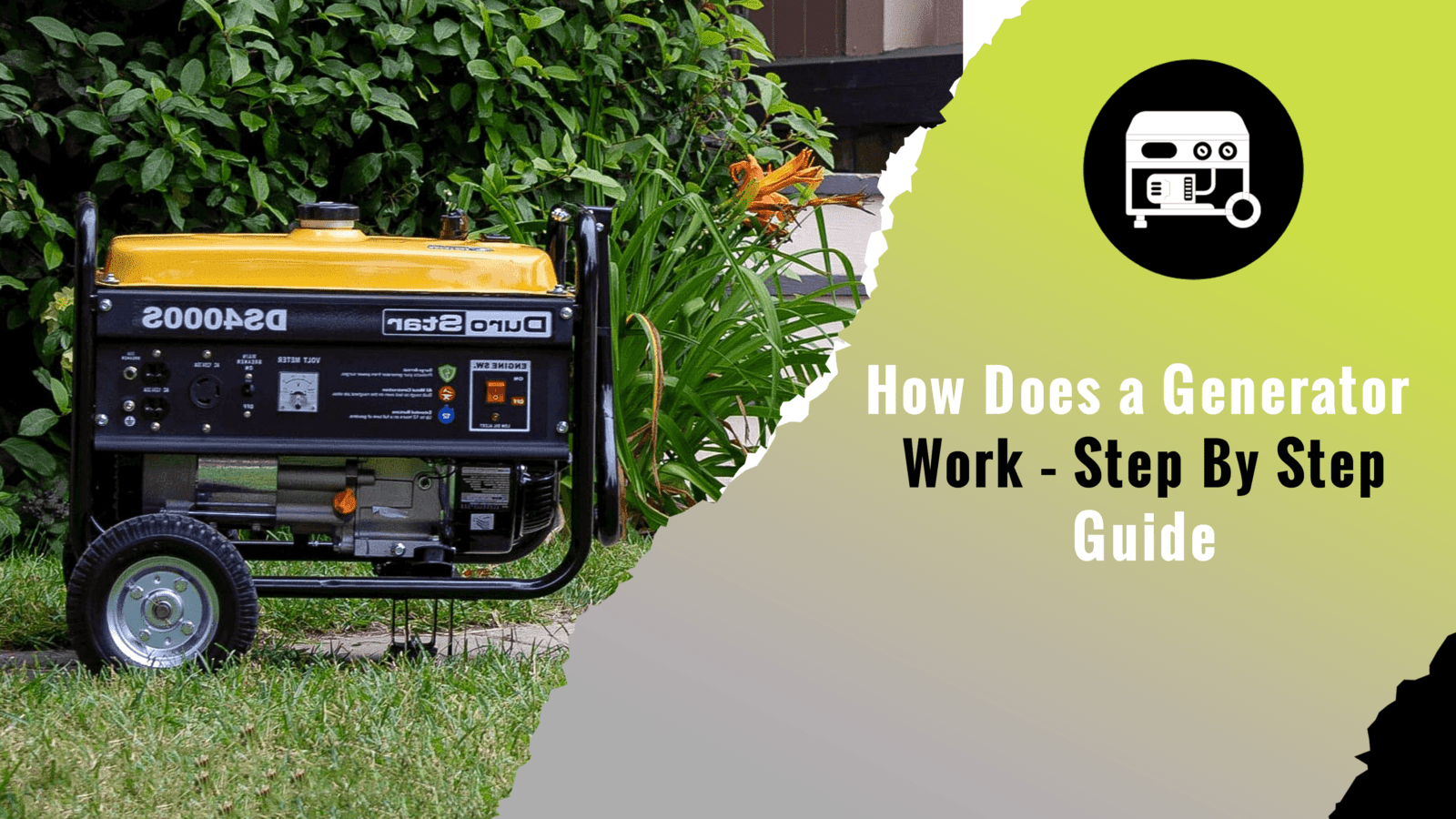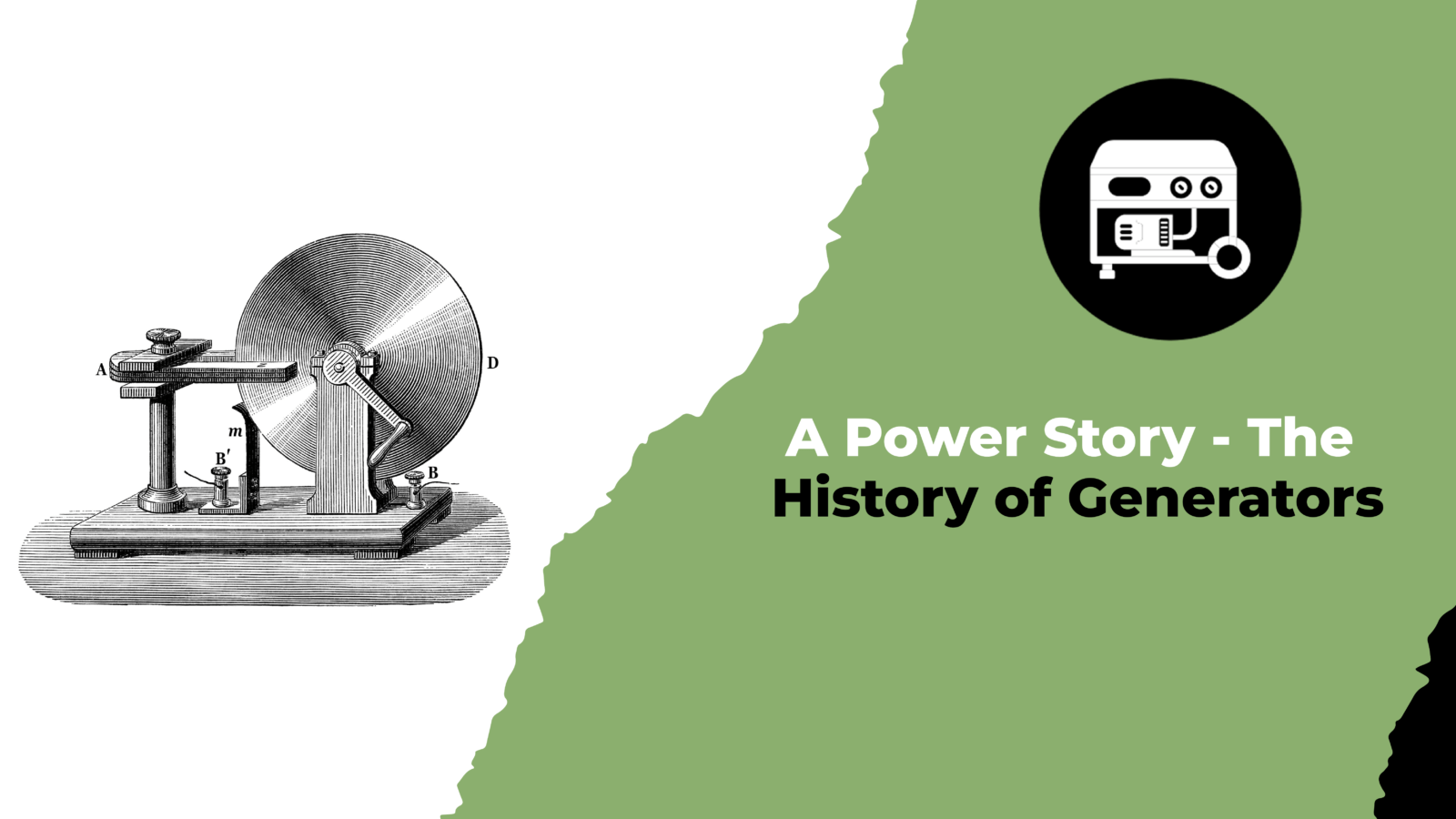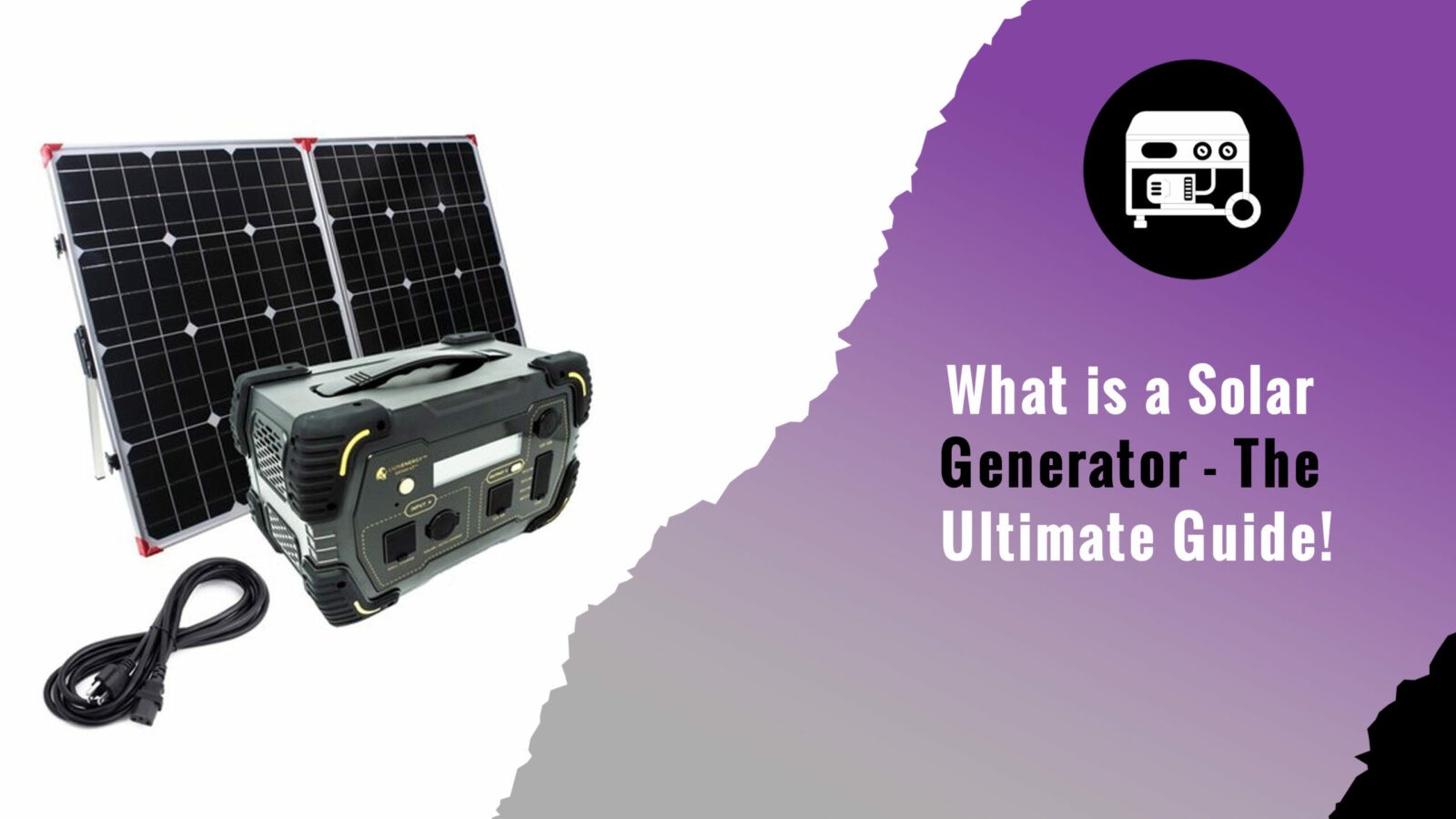Solar lights as everyone knows are more economical and environmentally friendly. Solar lights reduce your electricity bills and it’s a lifetime investment that is worth it. Now many people who are considering converting their lights to solar panels question the working of lights on cloudy days. In this article, you will get to know the solution to all these concerns.
The use of solar lights is an excellent way to illuminate your patio or garden without having to deal with cables or raise your energy costs. However, if you reside somewhere with a lot of cloud cover, you might be unsure about the value of this investment.
Solar panels can still function when the sky is cloudy since, in general, even the cloudiest days have some sunshine. Naturally, they won’t function as effectively as they do in the sun. The panels’ output will be less than half of what it usually is, depending on how dense the cloud cover is. Occasionally, they only produce 10% of what they can on a sunny day.
Even on overcast days, your solar lights will function. The power that your light’s solar cells produce may even grow under the correct conditions of clouds. Your solar lights ought to charge fine if the sky is a brilliant, dazzling pearl grey.
Solar cells can capture the reflected light and perhaps store even more energy when the sun is hidden by light, fluffy clouds than they would be able to on a clear day.
Do solar lights need to be exposed to sunshine all day long?
Photovoltaic cells are used to convert sunlight into electricity in solar lighting. A solar panel consists of semiconductor-based cells that are connected to one another. Electrons move from the solar panel’s negative to a positive end when sunlight strikes it. The electrons move in the opposite direction when an external power source is used to power the solar panel.
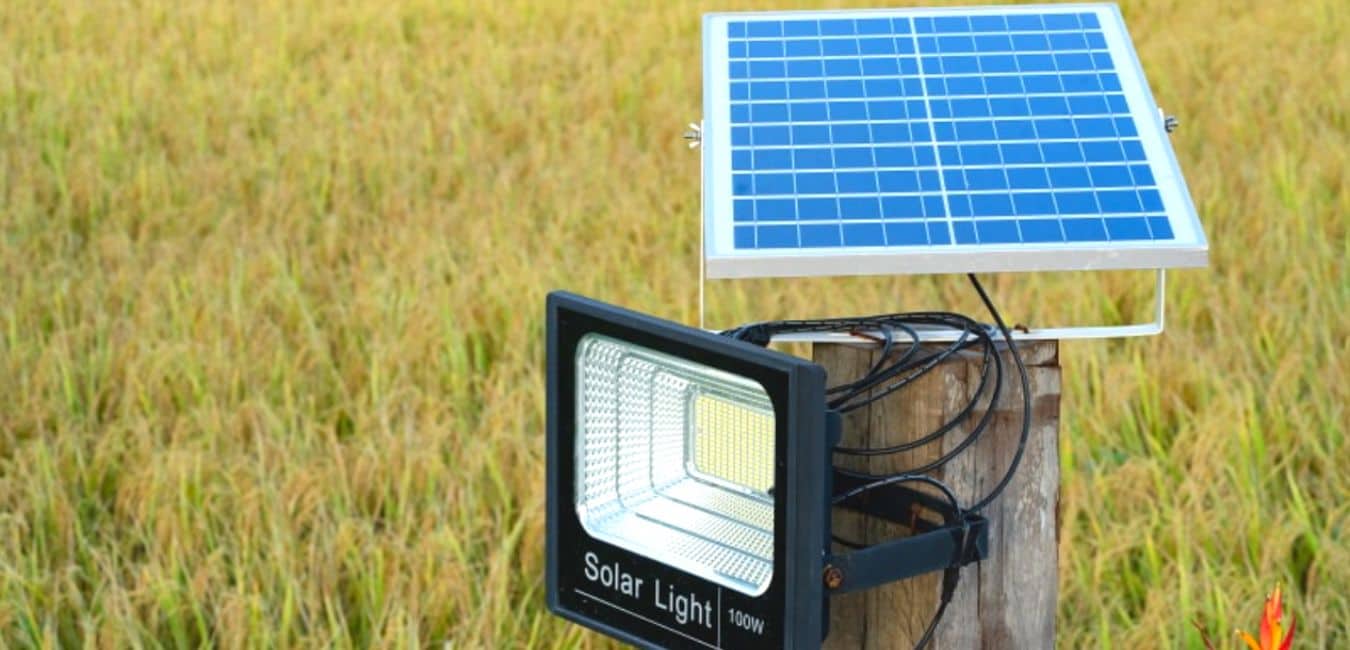
When the battery has sufficient power, it may run a solar light. You must decide where the solar light will be installed if you’re considering buying one. Make sure the landscape light is positioned so that it may be seen if it is.
You can use solar lights, albeit they perform best under direct sunshine. Solar lights can occasionally be used in the shadow, but direct sunshine is where they perform best. The solar panels will continue to create light as long as sunlight enters them. Solar lights are able to store energy, so they can continue to function even if the sun doesn’t shine directly on them all day.
Are Solar Panels Still Effective in Snow?
Since none of the sun’s energy can reach snow-covered solar panels, their output will almost probably be close to nil.
In actuality, unless put on an RV or other comparable roof, flat solar panel installations are uncommon. It is crucial to have a tilt angle since it maximizes power output. Snow rarely accumulates because it simply melts and glides off solar cells, which heat up while turning sunlight into energy.
A solar panel array surrounded by white snow will experience the albedo effect, in which reflected sunlight increases power output and directs more light toward the panels.
Do Solar Panels Function in the Winter?
Solar panels not only function in the cold, but they function even better!
Standard Test Conditions, or STC standards, which specify a specific output at a temperature of 25°C, are used to grade solar panels. The efficiency of solar cells decreases with increasing temperature.
Does it work the other way, though? Panel output decreases by 0.5% for every degree over 25°C. Does efficiency increase when the temperature drops on solar panels? Sadly, no, or else we could just super-cool the cells to produce a tonne of electricity!
At 5°C (41°F), the solar panel’s production is at its highest. The efficiency doesn’t keep rising at lower temperatures.
Without the sun, how do you charge solar lights?
Your solar lights can still be charged by replacing the batteries if the sun is not shining. However, keep your lights cold and dry. Additionally, avoid using lead-cell batteries to recharge your lights because they provide a fire risk. Instead, use lithium batteries.
When photons of light dislodge electrons from their orbits, their energy is then transferred into an electrical circuit, which is the process known as the photoelectric effect. The electrons’ energy from the solar panel’s exposure to light is transmitted into the circuit by the panels. The circuit is powered by the energy that the electrons produce.
A conventional light bulb can be recharged using a solar panel. Depending on the bulb’s wattage, this may take 6 to 12 hours. With 40-100W bulbs, the optimum results can be obtained. Since they offer a wider spectrum than incandescent lights, you can also use LED lights to charge your solar lights.
The efficiency of Solar Panels on Cloudy days
Despite the fact that it is charged on overcast days, the charging process will take longer. On a cloudy day or when in the shade, the irradiance may only be half or a fifth of how it is on a sunny day.
So good news is that charging effectiveness may be enhanced on cloudy days. In direct sunshine, the solar panel heats up quickly during charging, which lowers the charging efficiency. On the other hand, the temperature is considerably more likely to occur during the time when cloudy conditions result in excellent solar panel charging.
In conclusion, cloudy days can be used to charge solar-powered lighting systems. Most solar-powered lights use the stored energy to give lighting even on days when there is persistent cloud cover.
Do Solar Lights Work On Cloudy Days – FAQs
Conclusion
Solar energy is unquestionably one of the most abundant, accessible, and clean renewable resources. There is an abundance of sunlight in many regions of the earth. Even in places where the availability of steady sunlight is less common, there is still enough to maintain solar panels active and in good condition. The atmosphere of the world receives enough sunlight in a single hour to theoretically generate enough electricity to power every person on the planet for an entire year.


